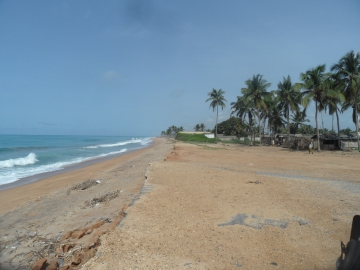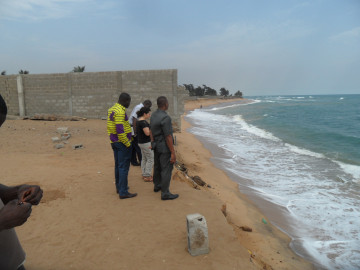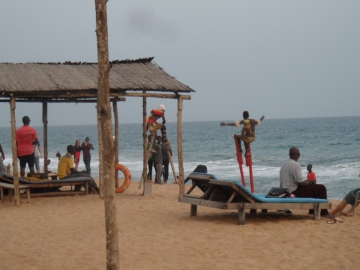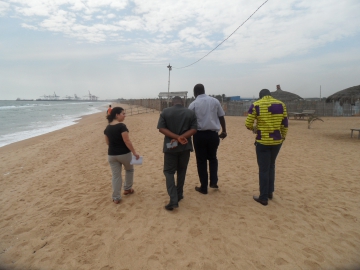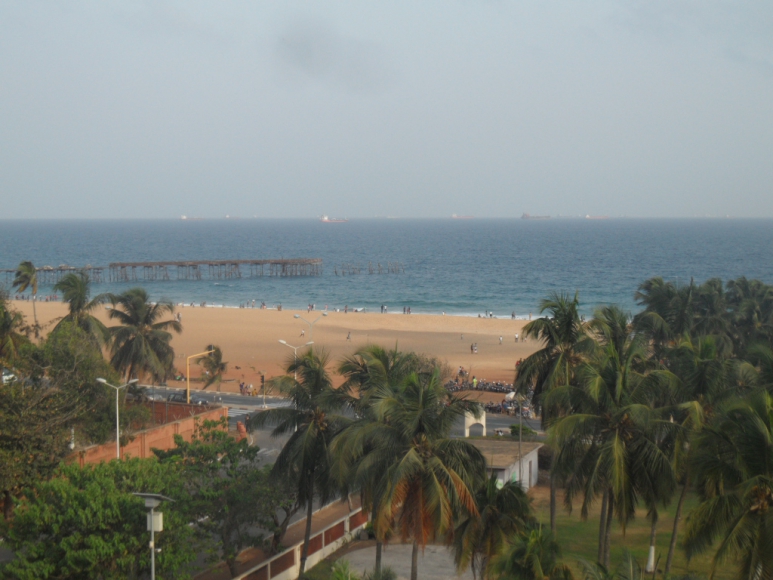
Integrated multi‐sectoral investment plan for coastal climate change adaptation in Benin and Togo
Do you have any questions?
- International
- Projects
- Integrated multi‐sectoral investment plan for coastal climate change adaptation in Benin and Togo
Antea Group advises the World Bank on investment strategies within West Africa Coastal Areas Management Program
Coastal erosion and flooding are two major problems threatening the livelihood and the development of West African countries. In recent years, the seriousness and size of the problem grew to such an extent that the governments of several West African countries requested the support of the World Bank to assist them in defining and implementing integrated solutions to deal with coastal risks.
In response to the requests, the World Bank launched a regional technical assistance program called the West Africa Coastal Resilience Investment Program (WACA ResIP). The program covers six countries (Benin, Côte d’Ivoire, Mauritania, Sao Tome and Principe, Senegal and Togo) and provides access to technical expertise and funding for the sustainable development of the coastal zone.

